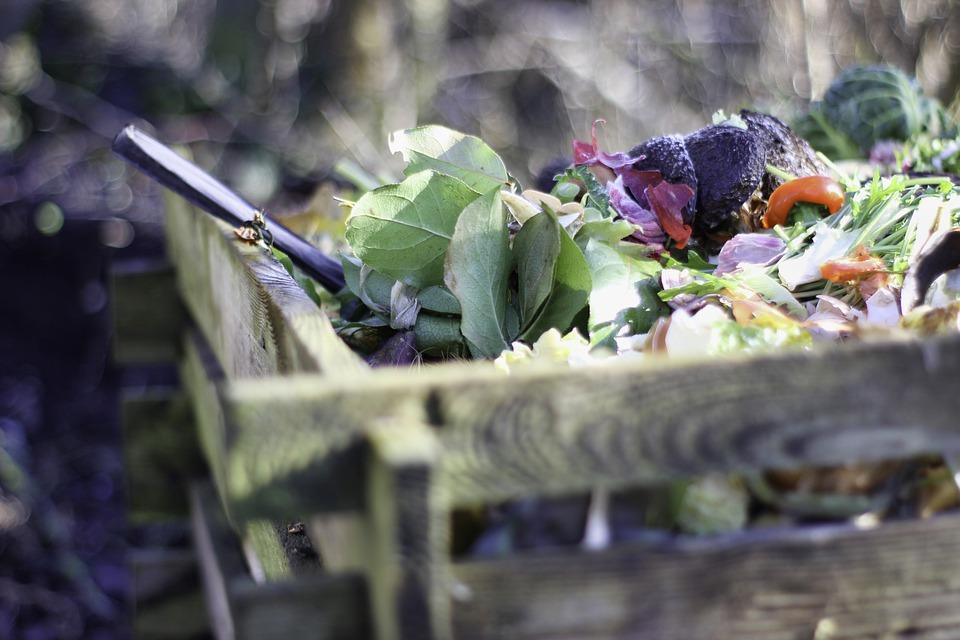
Composting is a relatively easy practice of recycling waste and gardening that it's been growing more and more popular among the sustainable people community. But what can be composted? You may find it hard to believe, but most of the organic material at home can be put into a pile of compost. Let's dive into: What Can Be Composted? A Complete List of Things You Can Compost
Composting is a really noble and sacramental act, according to those who have been into it for some time. So why don't you give it a try? In this article you'll find some basics related to composting along with an extensive list of organic material from each part of your house that is compostable.
So...What do you think? Please, stay with us if you want to become the ultimate perfect compost magician!
In case you haven't' checked our article How to make a Compost Pile? All you need to know about it, please do! You'll find there really valuable tips for getting started with a compost pile.
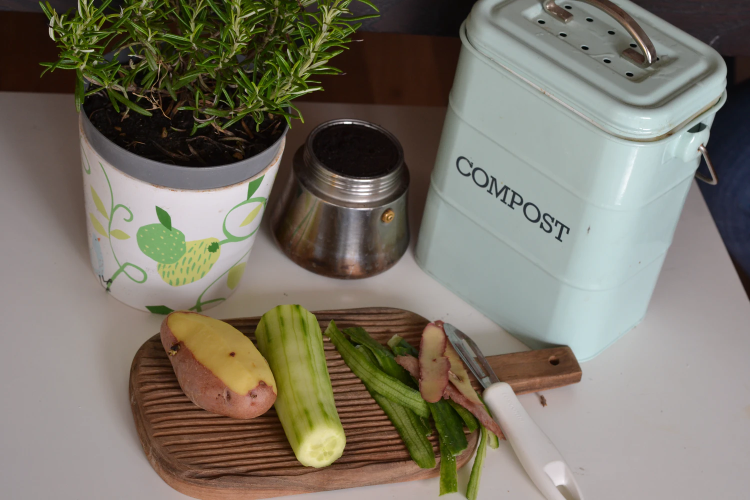
Composting piles of organic waste is one of the easiest gardening activities to do. You can start a pile just in the back of your yard and that's the greatest advantage of composting: no many materials are required to start, just your decision and a spot your backyard. Of course, you can also use a bin, but at the beginning a simple pile will do. Composting is a a method of mixing organic waste to grow organic organic material, such as dirt, which happens to be an extremely rich soil fertilizer.
Composting is also one of the greatest and easiest ways of helping the planet! Yap, that's true. As you compost waste you prevent that waste from ending up in a landfill. Besides, composting is free, eco-friendly and easy to make!
The first you'll need to know about compost is that at its basic level, any compost quill require "Greens" and "Browns".
For the process of composting to start a combination of greens and browns is needed. This is technically called Compost Ratio, and you can learn a lot about this by reading our article The Perfect Compost Ratio: Greens to Brown Balance. Both types of material need to be soaking wet so that they start to break down into humus - a very rich natural soil fertilizer-.
Under natural conditions, humus will be ready after a couple of months. Conditions can be manipulated, though, to obtain richer results. This usually happens in steps closely monitored with measured additions of carbon, nitrogen, air and water. When carried out under more supervised conditions, earthworms and fungi make an incredible contribution by helping breaking up the materials faster.
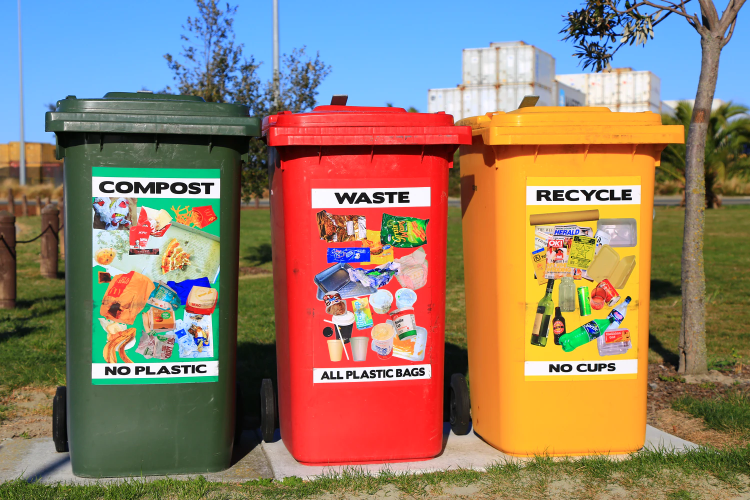
As we said already, you don't need much to start a compost. Virtually anything that was once alive can be composed. Every natural element on this planet will perish, decompose and disintegrate into the soil, making an incredible fertilizing contribution. Dust to dust, they say, uh? Well, that's pretty much everything what composting is about.
Remember that for starters, a pile of organic material is ok, but as the heap starts to grow you may want to prevent some unwanted odor by starting your compost in a bin. Luckily, there are a lot of compost bins available out there in the market!
First of all remember that there is no a unique formula to get the best compost. You will try and try and find what works best for your compost with time. You'll discover a lot about this in your own process, too. But a good compost ratio estimates that a 3 parts of "browns" to 1 part of "greens" will give your compost its best performance.
Luckily, nature will be an ally here once again by providing a lot of greens during warmer seasons and a good bunch of browns during fall winter, especially. So to keep your compost balanced, you can store some browns to be used after during summer season.
You might still wonder what you can compost, right? Don't worry. The following list of compostable items is a quite extensive one that can help you start!
(🟢) refers to Greens, items rich in nitrogen or that break down really rapidly;
(🟤) makes reference to brown, full of carbon items, which take a little more time to decompose than greens.
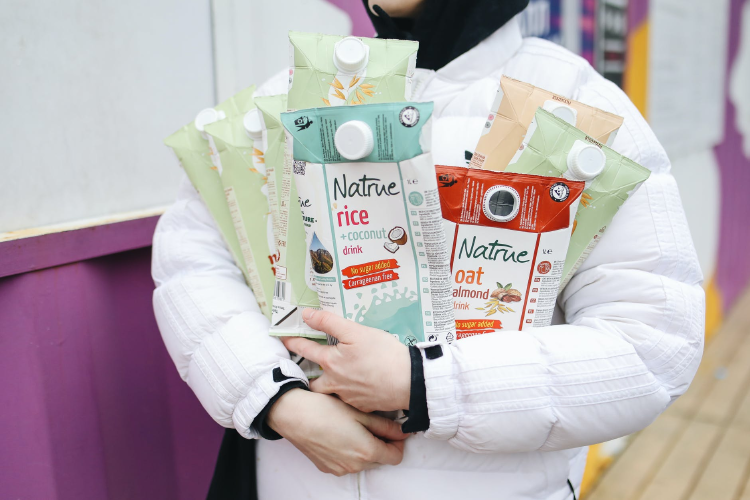
Food Recycling - Pexels
Pizza crusts (🟤)
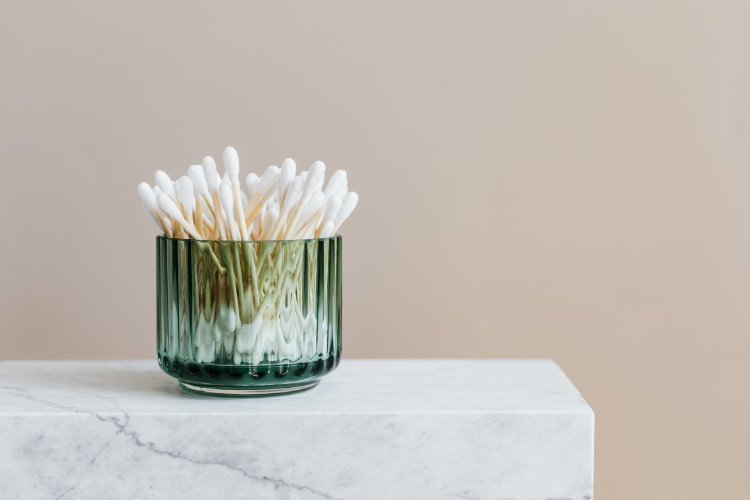
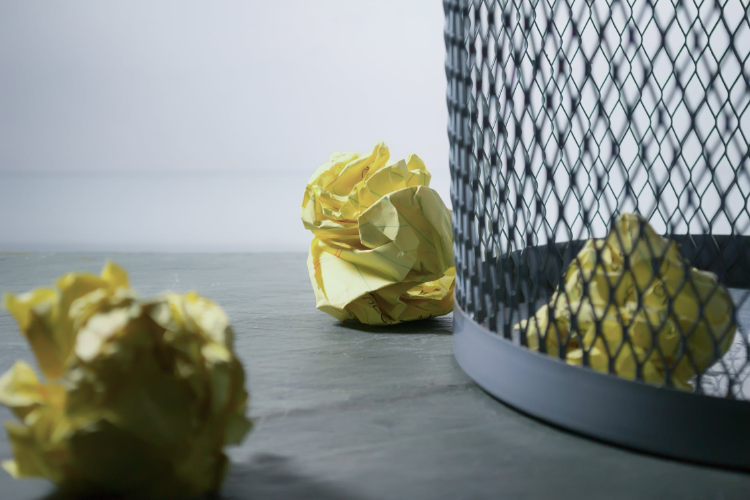
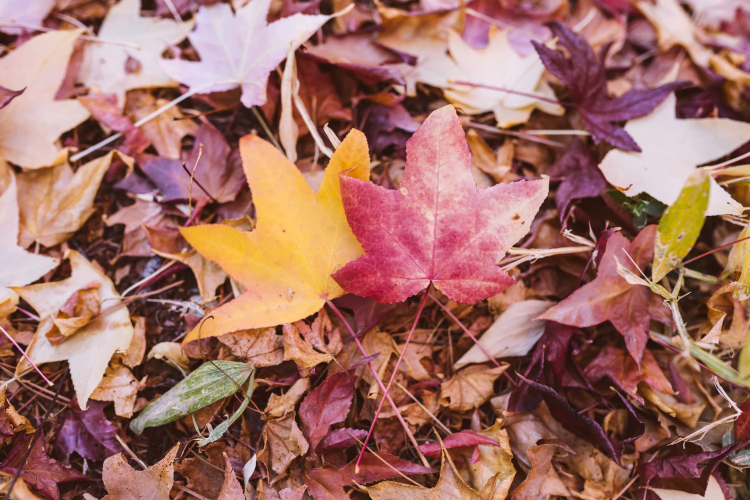
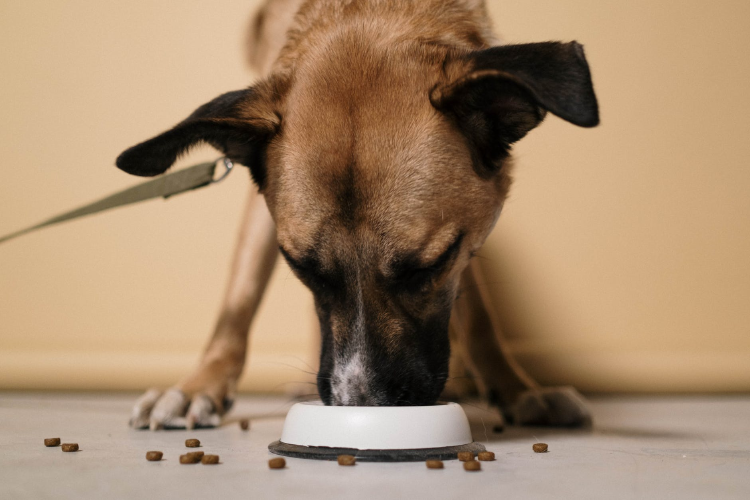
In this last part of the article we'd like to share some extra tips to make your compost experience even better!
Put into different terms: know your limits! It's true that anything like food, animal or plant-based organic material can be composted but sometimes less is more. For instance, if you add to your compost too much fish or animal fat, it will break down eventually but it will give the pile an awful smell as well. The bad smell won't be the only problem, thousands of critters will cradle into the pile and let me tell you, your neighbors are not going to be happy, either. So, as we said, finding the right compost ratio is up to you to discover, too!
We haven't expanded on this, but starting to recycle your own garbage is a huge step already towards taking care of the planet. Composting is a natural way of recycling organic waste that otherwise will end up in a dumped landfill. So you're contributing a lot by composting!
But there´s also other aspects you can work through composting like cultivating your patience and being more in contact with nature, which is actually something that a growing numbers of humans are trying to return to. And that's also very nice!
But if you can't wait for your compost to break down more rapidly and evenly, you surely can do it but please take these tips in mind:
Remember a good and efficient compost pile will have greens and browns carefully balanced.
That means, if, for example, you put to much greens like leaves or dead flowers on your pile, you will need to balance and mix it with a good amount of browns too, let's say straw or wooden sticks and maybe some water, too so that it doesn't get too dry.
Keeping at hand a small stockpile of horse manure (green) and straw (brown) helps to keep your compost balanced while speeding up the process a little bit.
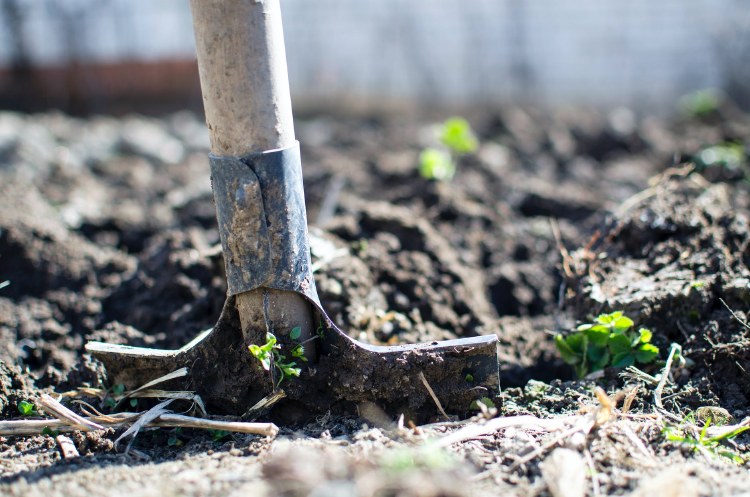
Turn and mix your compost pile every week. You can do this manually with a pitchfork and if you want to go pro you can get yourself a compost tumbler bin to make thins even easier.
A good compost should stay moist. Check on its humidity regularly, in case it's not raining you can hose it down to turn it wet. This right combination of air and water allows the proliferation of thousand of microorganisms that are key to a successful decomposing process. Composting s a win win for humans and these new born creatures as well, as they find the right habitat to thrive.
Now, it is true that almost everything that is organic can go to your compost pile, but if you want to have the best compost, do not miss our coming article: Compost 101: A Complete List of What Items Cannot Be Composted